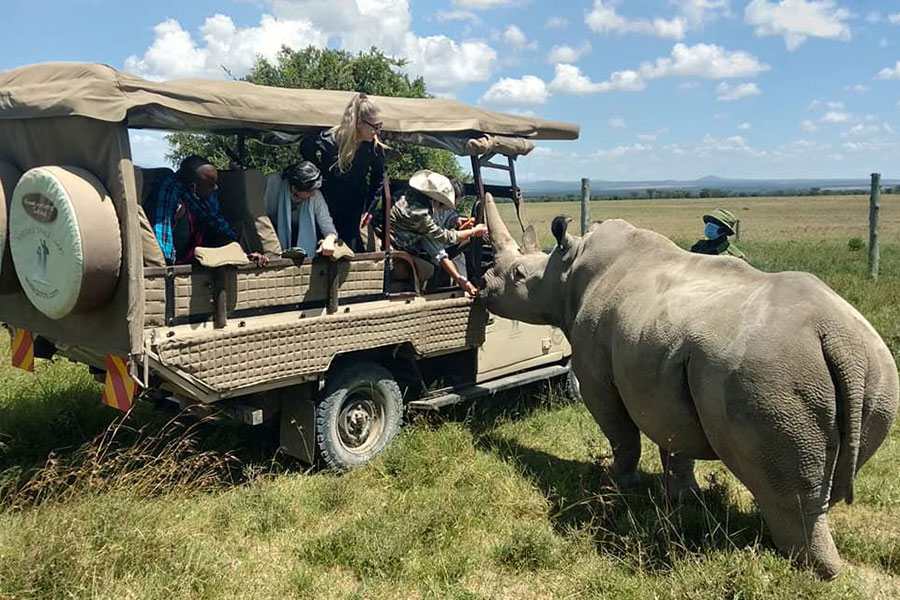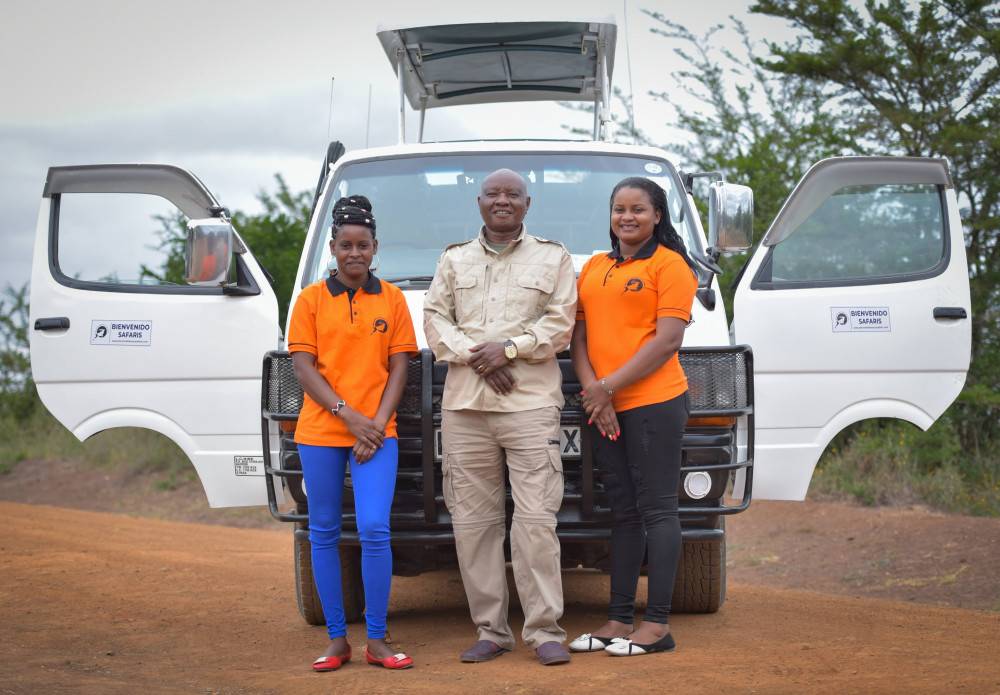Handy Info To Deciding On Devil666 Slot Sites
Wiki Article
What Are The Health Precautions I Need To Take While Traveling To Mombasa, Kenya For A Holiday?
If you're planning a trip to Mombasa (Kenya) it's crucial to be aware the health hazards. Here are some important health considerations.
1. Vaccinations
Routine Vaccinations: Ensure that you are up-to-date on routine vaccines such as measles-mumps-rubella (MMR), diphtheria-tetanus-pertussis, varicella (chickenpox), polio, and your yearly flu shot.
Hepatitis A It is recommended for all travelers due to the possibility of food and drinking water being contaminated.
Hepatitis B (Hepatitis B) is recommended for those who have been exposed to bodily fluids or blood, e.g. through sexual or medical contact.
Typhoid : This is crucial for those staying with relatives or close friends, traveling in small towns or rural areas, and for foodies who like to experiment.
Yellow Fever - A vaccination certificate is required for travelers who are from countries that are at risk of yellow Fever transmission. Make sure you are aware of the most recent regulations.
Take into consideration rabies when you are participating in outdoor activities like camping, hiking, and caving.
2. Malaria Prevention
The malaria in Mombasa is very prevalent. Consult your physician for the most effective antimalarial medication for you.
Apply insect repellent with DEET. Also, dress in long sleeves and trousers. This is especially important at night. If you don't have an air-conditioned and well-screened hotel room, sleep under the protection of a net.
3. Food and Water Safety
Drinking water safely Make sure to use only bottled or boiled boiled water. Avoid ice cubes, tap water and un-sealed beverages.
Eating well-cooked food is the best method to remain secure. Avoid eating raw meat, seafood and unwashed fruit and vegetables. Beware of street food, and go with reputable dining establishments.
4. Diarrhoea in Travelers
Preventive measures: Maintain good hand hygiene by washing hands frequently with water and soap or by applying hand Sanitizer. Avoid drinking and eating food or beverages that are questioned.
Take along medicines like Imodium and oral rehydration sodiums. To treat severe cases, ask your doctor for antibiotics.
5. Sun Protection
Sunscreen: Choose a broad-spectrum sunscreen that has SPF 30 or more. Apply sunscreen regularly, especially when swimming or sweating.
Wear hats and sunglasses to shield your eyes from sun. Also, wear light, long sleeved clothes.
6. Heating and Hydration
Keep hydrated. Drink plenty, preferably water to avoid dehydration. Avoid drinking alcohol and caffeine since they can cause dehydration.
Avoid Overexertion. Make breaks during hotter parts of the day. Look for shade and cool areas to prevent heat exhaustion or heat stroke.
7. Water Activities: Safety and Security
Swim in Designated Areas Pay attention to local advice regarding swimming conditions and the potential dangers, like strong currents.
Sea Life Awareness: Be aware and avoid dangerous marine life such as jellyfish and sea urchins. Wear water shoes when walking in the water's surface.
8. Care and Insurance. Care and Insurance
Travel Insurance: Travel insurance should be able to cover medical emergencies and evacuation, as well as full coverage.
Local Medical Services: Learn the location of medical centers that are reliable in Mombasa. The most reputable hotels usually provide you with information on doctors as well as nearby hospitals.
Medication: Make sure you have enough prescription medication that you take and copies of your prescriptions.
9. Emergency Contacts
Embassy Information: Get the contact details for the consulate or embassy of your country in Kenya.
Local Emergency Numbers - Learn the local emergency number: Fire (999) (999), Police (999) Ambulance (999).
Take these precautions to minimize the risk, and have fun your vacation in Mombasa. Follow the most popular mombasa watamu snorkeling for site examples including kenya safari and beach, mombasa beach kenya, travel tours in kenya, safari trips in africa, kenya beach mombasa, trips to kenya africa, kenya safaris and tours, africa tours and safaris, holiday packages mombasa, africa and safari and more.

What Cultural Considerations Should I Be Aware Of Prior To An Event In Mombasa?
Being sensitive to culture when visiting Mombasa in Kenya is crucial for ensuring that you have pleasant experience and respect the locals. Take note of these important aspects:
1. Respect local dress codes
Modest clothing: Mombasa has a significant Muslim number of Muslims. It's appropriate to dress modestly, particularly in public places including religious places, as well as local neighborhoods. This means that you need to be sure to cover your shoulders, chest, knees, and legs.
Wearing swimwear is fine on the beach, however it is recommended to wear a cover-up when leaving the beach area or going to nearby restaurants and stores.
2. Religious Sensitivity
Visiting Mosques. Ask for permission to enter the mosque before and dress in a conservative manner. Women must cover their hair and remove their shoes.
Prayer Time - Keep track of five prayer times per day. Make sure you are mindful during these times, particularly when there is a mosque nearby.
3. Photography Etiquette
You should ask permission before taking photos, especially in rural settings or traditional locations. Some people may be uncomfortable or believe it is intrusive.
Beware of restricted areas - Don't take photographs of areas that are sensitive, such as military installations and government structures.
4. Social Interactions
It is essential to greet people with respect. A common greeting in Swahili is "Jambo" (Hello). Handshakes are a common practice, but for Muslim women, it's respectful to wait until they extend their hands first, or simply greet verbally.
Personal Space - Protect your personal space and do not make physical contact with anyone, especially if are in a more conservative environment.
5. Cultural Norms & Taboos
Shows of affection in public Avoid publicly displayed displays of affection because they are viewed as inappropriate.
Left Hand Usage: In general, the hand that is left handed is thought to be dirty. Use your left hand when eating, greeting people, or exchanging money and items.
Footage: A disrespectful act is pointing or showing the soles of one's feet.
6. Language and Communication
Basic Swahili - Learning some basic Swahili phrases can help you build rapport and show respect to the locals. Other common phrases include "Asante", (thank you) as well as "Habari", (how are you?). ).
Politeness: Be polite and patient in your communications. Kenyans value courteous and respectful interactions.
7. Respect for local Customs
Traditional Traditions: Follow traditional practices and ceremonies. When you're invited to an event in your region be sure to follow the hosts' behavior and pay attention to their manner of conduct.
Bargaining in local markets and shops is commonplace. However, do it with humour and respect. It's a tradition of the culture rather than an aggressive one.
8. Alcohol and Smoking
It is possible to consume alcohol, but it must be done so in a discrete manner. Beware of drunkenness in public.
Smoking: Smoking is generally not allowed in public places. Be sure to look for areas designated for smoking.
9. Environmental Respect
The littering problem - Beware of littering and dispose of waste properly. Be respectful of wildlife and nature.
Encourage conservation efforts through respect for local wildlife and their habitats. Avoid purchasing products made with endangered species.
10. Helping Local Communities
Local Businesses: Help local businesses, markets, and artisans to help the local economy.
Responsible Tourism: Ensure that you are choosing eco-friendly travel that is beneficial to the local community.
If you follow these guidelines on cultural sensitivity you will have a more meaningful and enjoyable experience in Mombasa by increasing your understanding and appreciation of the local culture. Take a look at the most popular park funzi for website info including mombasa safari packages, kenya safari tours, safari tour, tours and safaris in kenya, kenya safaris, african safari packages, african safari africa, tours safari africa, kenya travel, tours and travel company in kenya and more.

What Are My Responsibilities As An Environmentalist When I'm In Mombasa Kenya?
Being mindful of the environment while vacationing in Mombasa is vital to safeguard the natural beauty of the area and its rich biodiversity. Here are a few important environmental obligations to be aware of:
1. Sustainable Accommodation
Eco-friendly Hostels: Select hotels that are committed to implementing sustainable practices. Look for eco-friendly certifications from Eco-Tourism Nairobi and other eco-labels.
Join hotel initiatives that help conserve water and energy. Reuse towels or linens. If not in use switch off the lights and air conditioning.
2. Responsible Wildlife Viewing
Respect Wildlife. Maintain an appropriate distance from animals so as not to disrupt them. Follow the directions of your tour guide.
Do not feed wildlife. Feeding animals can disturb their diets.
Leave No Trace. Don't litter in parks or wildlife reserves. Get rid of all your garbage and dispose of them in a proper manner.
3. Plastic Reduction
Avoid single-use products. Bring a water bottle, reusable bag, and the utensils.
Encourage Local Initiatives: Participate in or support local beach clean-up efforts as well as organizations working to reduce plastic pollution.
4. Water Conservation
Mombasa is suffering from water shortage. Take shorter showers and shut off the faucets whenever you're not using them.
Eco-Friendly products: Use organic or biodegradable toiletries to reduce the impact on water.
5. Energy Conservation
Reduce the amount of energy consumed. Reduce the usage of of air cooling, and disconnect any electronic device when they are not in use.
Help support renewable Energy by choosing accommodations and tour providers that use renewable energy sources.
6. Sustainable Transportation
Cut down on your carbon footprint by using public transport options, such as matatus or buses, as often as possible.
You can consider using bicycles for short distances. Certain places provide eco-friendly taxis.
7. Supporting Local Economy
Buy local: Support the local economy by purchasing souvenirs, food and arts and crafts from local merchants.
Fair Trade: Purchase items that have been certified fair trade to ensure that the producers in your region are fairly compensated.
8. Environmental Education
Learn and share your knowledge. Inform yourself about local conservation efforts, as well as the environment. You can share what you've learned to raise awareness.
Respect Local Cultures. Be aware of and respect the local customs and practices which are connected to the preservation of resources in the environment.
9. Marine Conservation
Snorkeling and Scuba diving Make sure not to step or touch on coral reefs. Make sure to protect marine life with sunscreen that is safe for reefs.
Beware of throwing rubbish into the ocean. Join or help support marine conservation programs.
10. Ethical Souvenirs
Beware of products that contain wildlife: Do NOT buy products made from endangered species such as ivory or tortoiseshell.
Sustainable Materials: Choose items made of sustainable or recycled materials.
11. Participate in conservation Activities
Volunteering: Get involved in local conservation projects or tourism-related initiatives that are based on community.
Support NGOs: Donate money to or support local NGOs as well as conservation organizations working to protect the environment.
12. Traveling responsibly is a good idea
Group Size: Traveling in small groups can reduce the impact on the environment.
Eco-Tours. Select tour operators who are committed to sustainable practices, and adhere to eco-friendly methods.
Keep these environmental responsibilities in the forefront of your thoughts to protect Mombasa's natural resources. Follow the best island snorkeling in mombasa for website tips including kenya tours and safaris, beach in mombasa, trip tour companies, kenya beach and safari holiday, african safari africa, tour company in kenya, safari tour, kenya beach and safari holiday, kenya safaris, tour firms in kenya and more.
